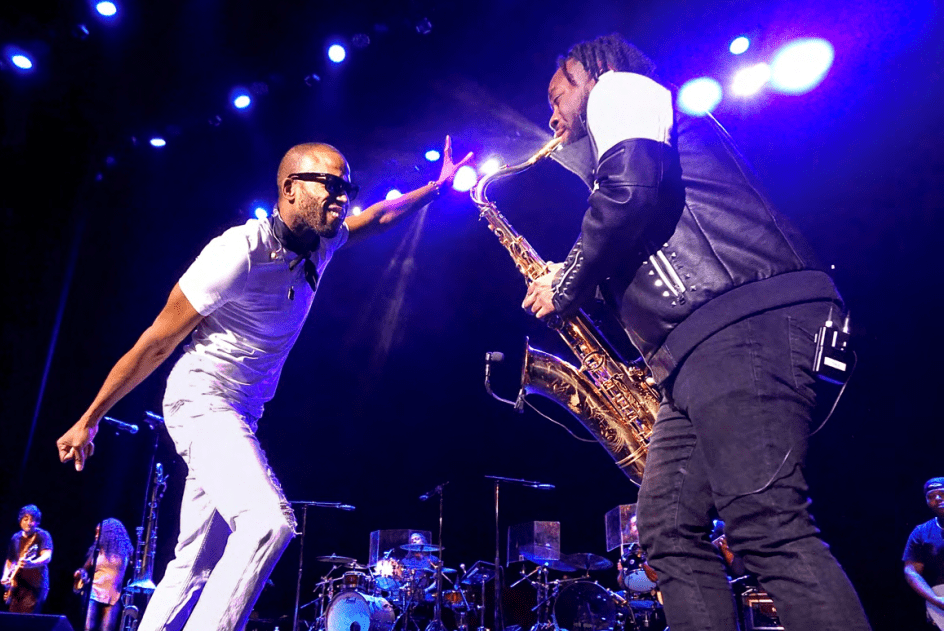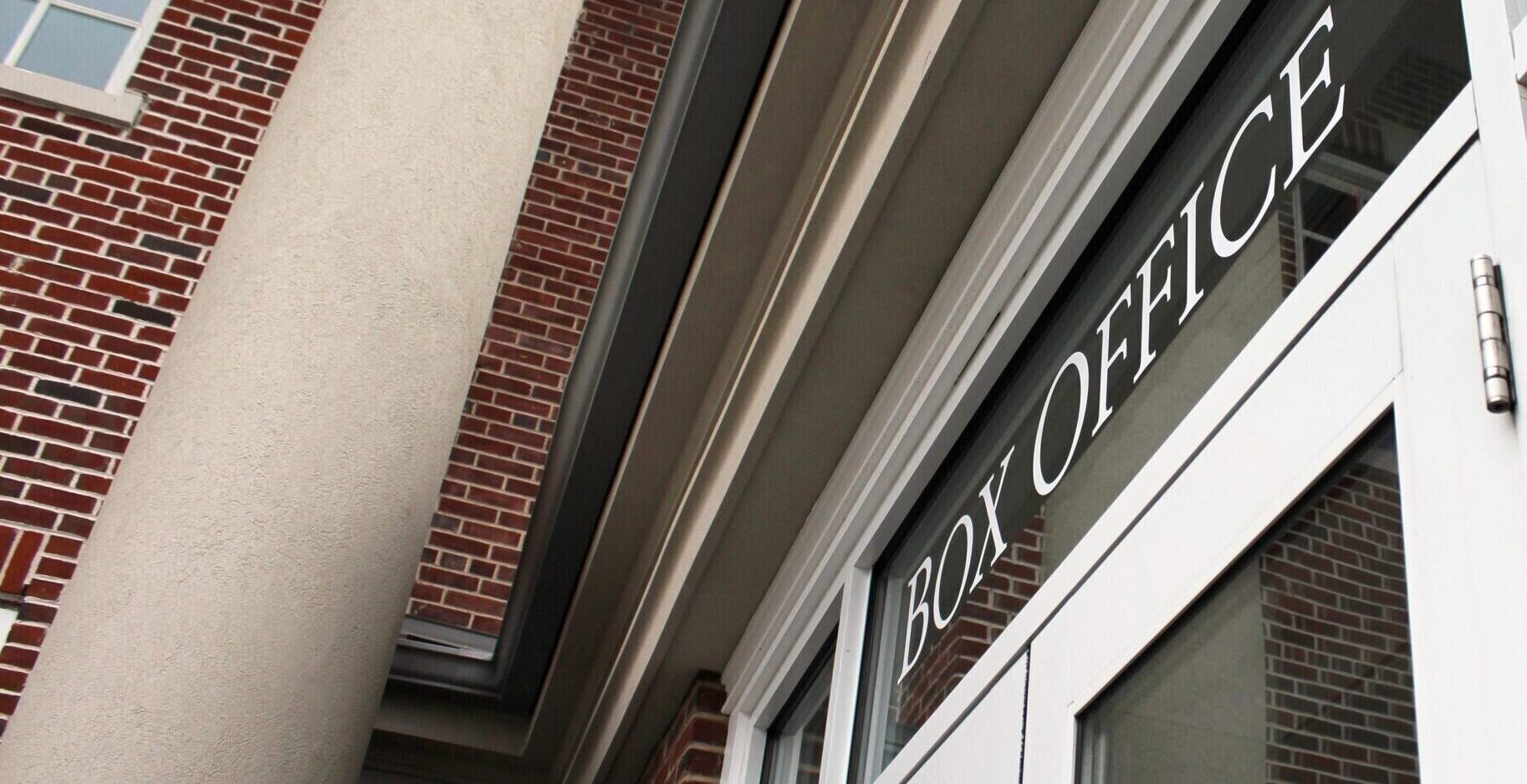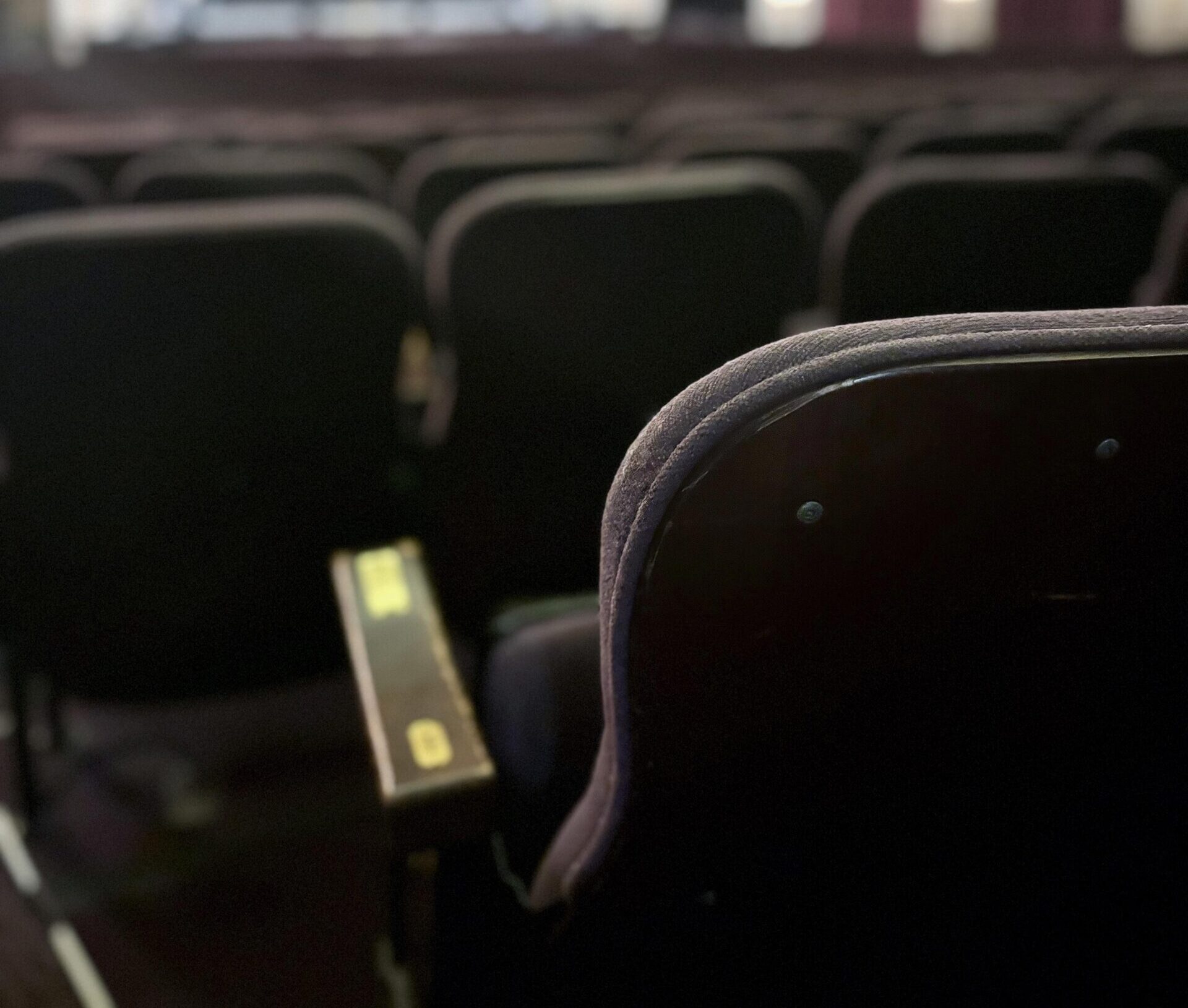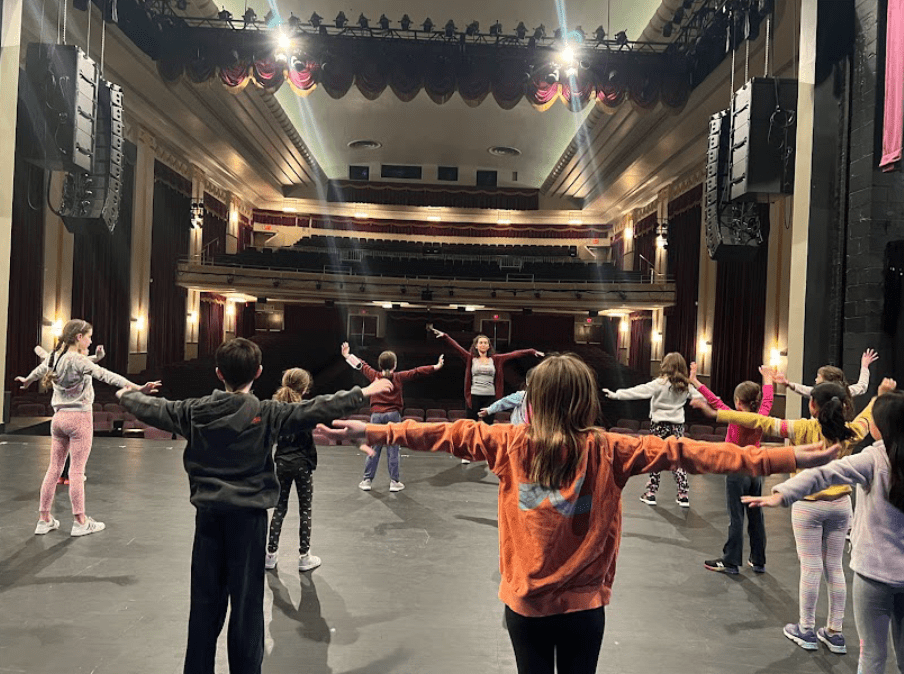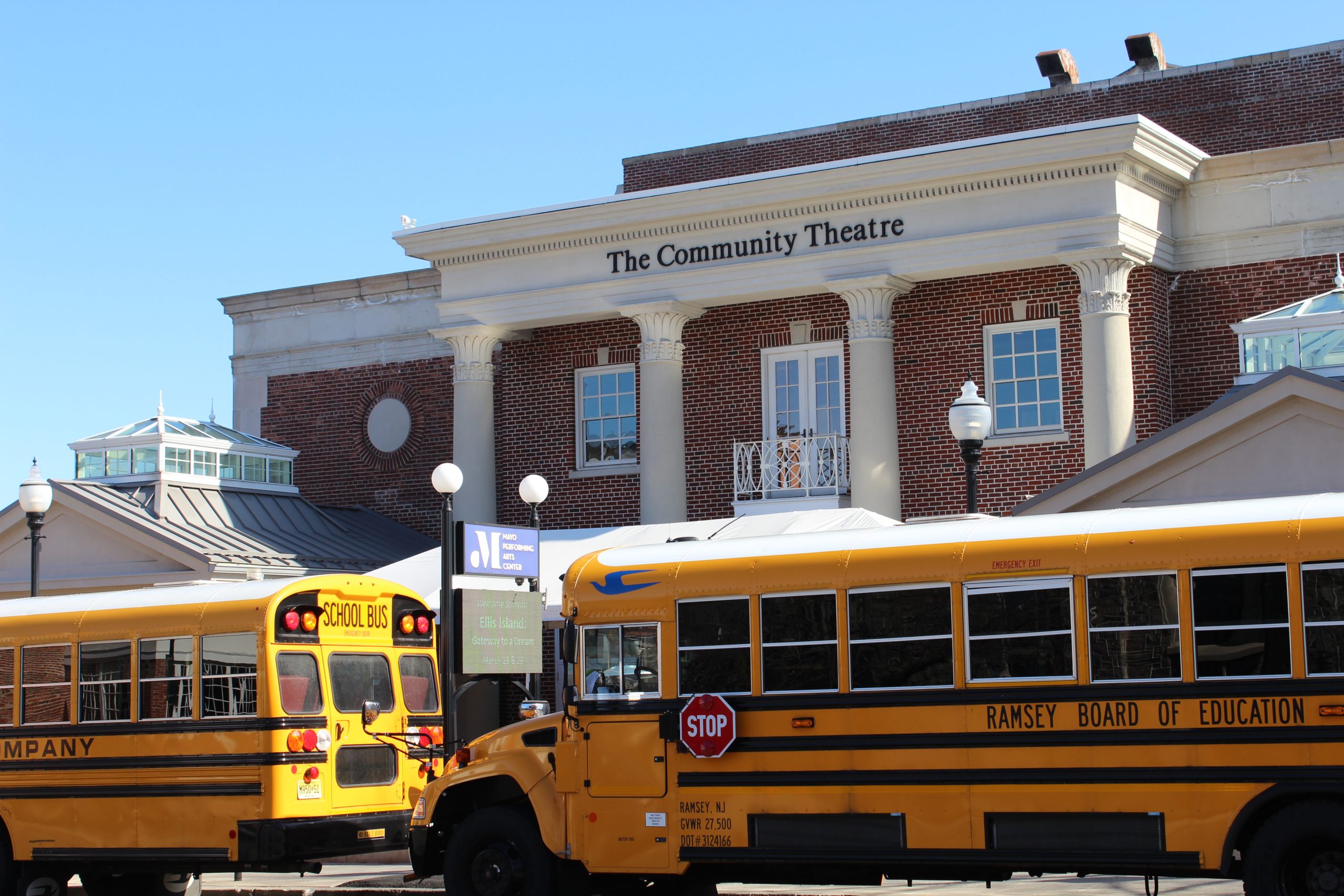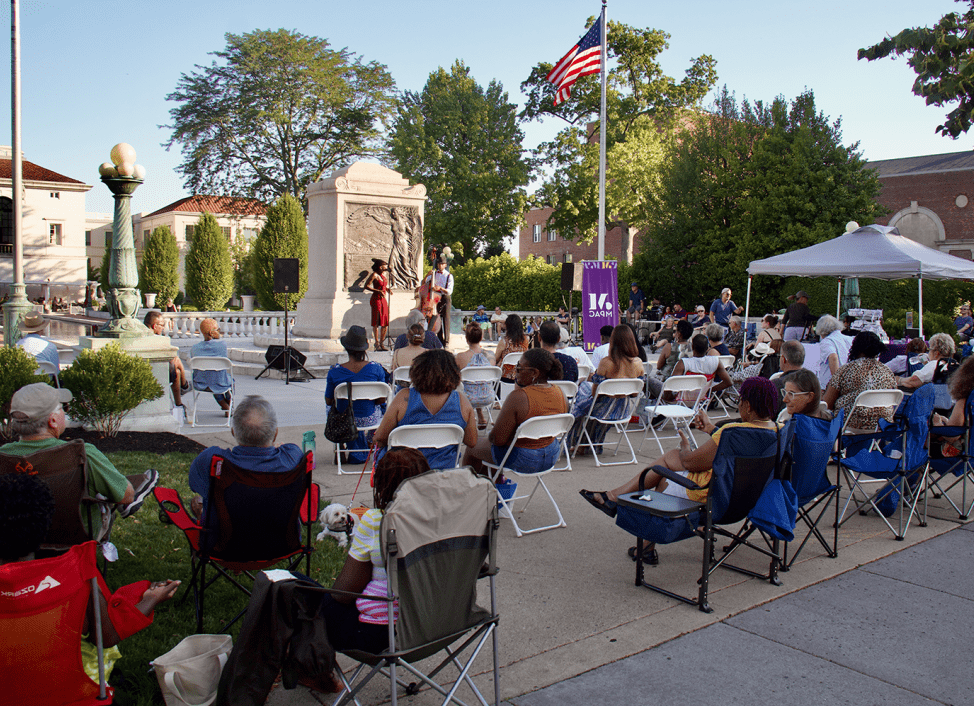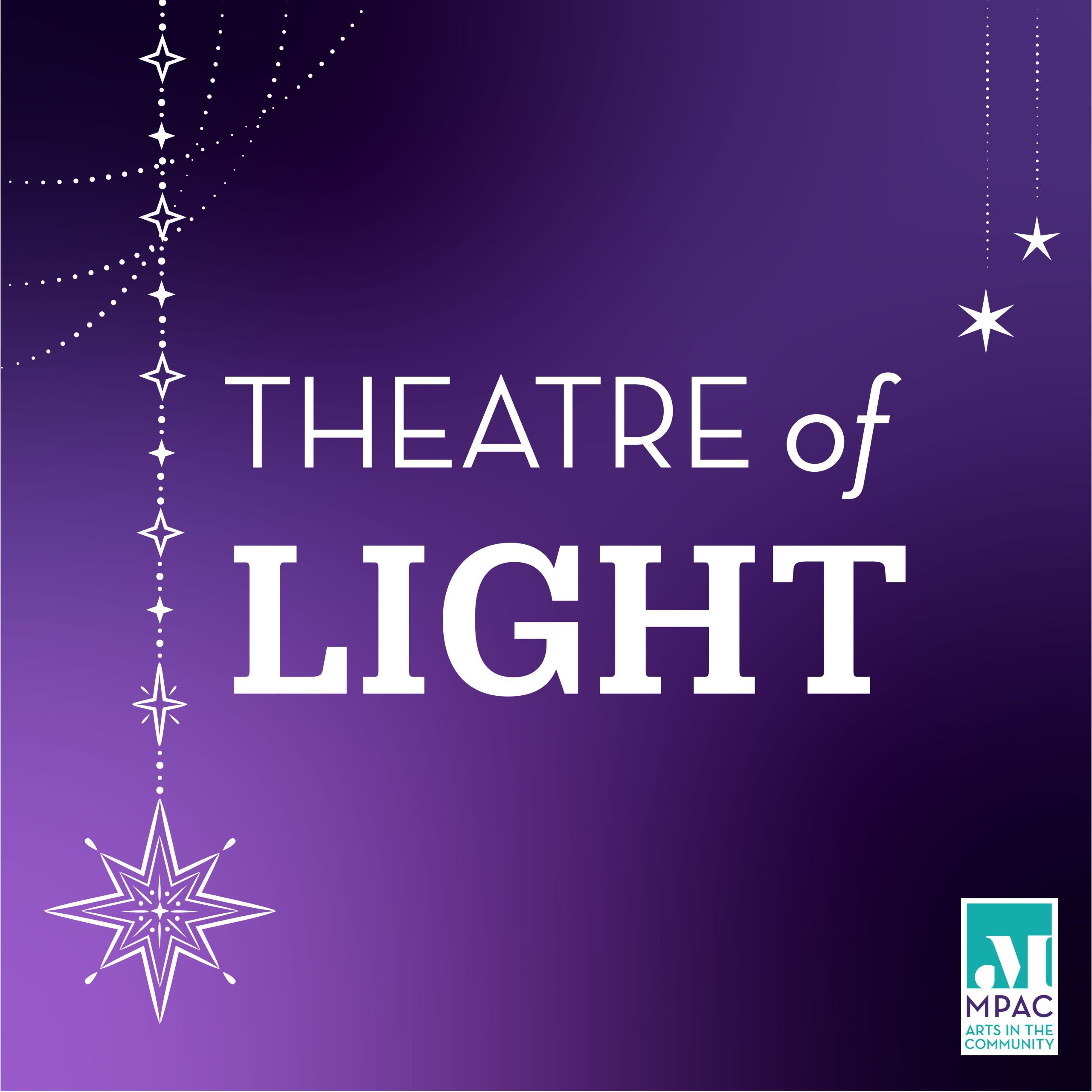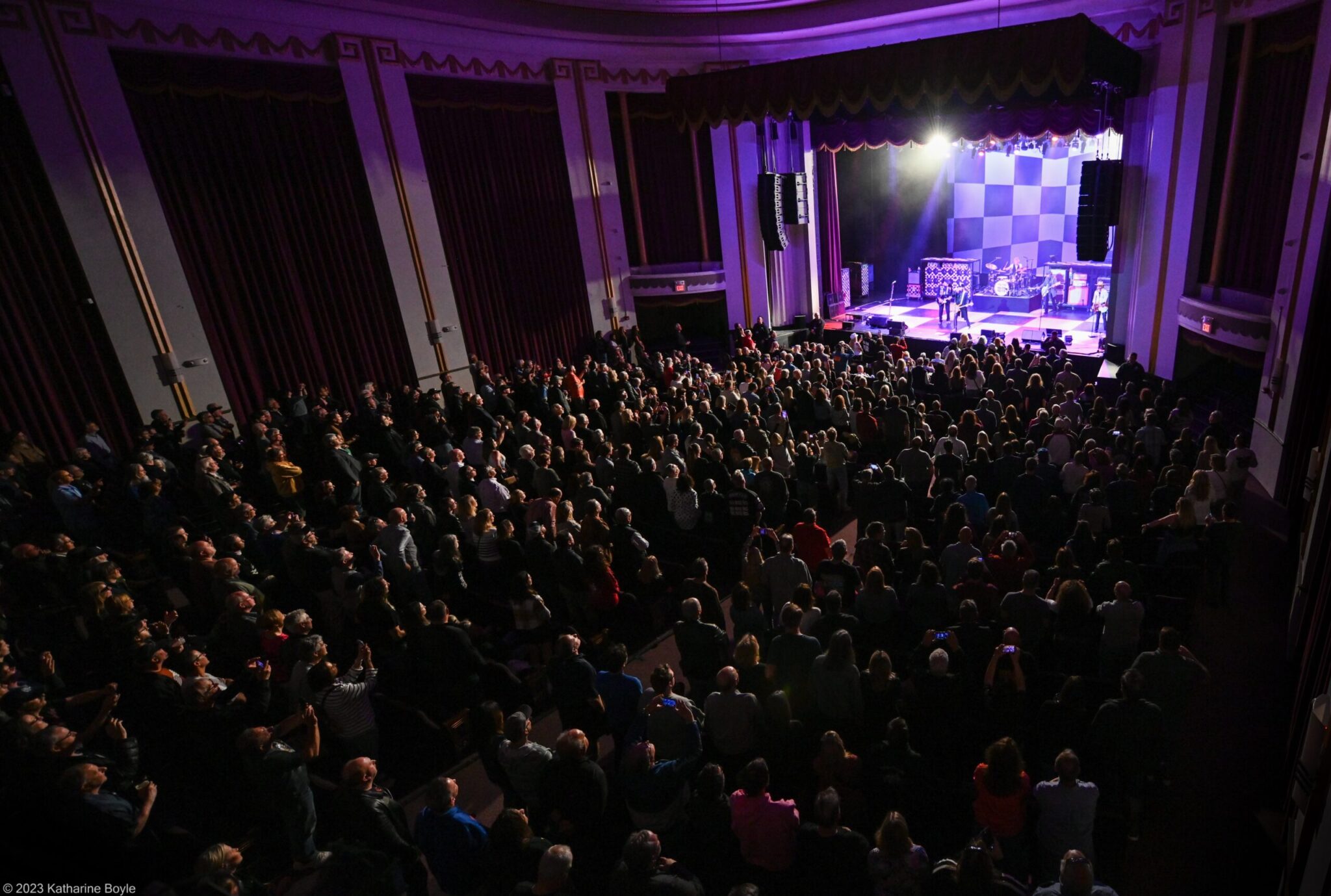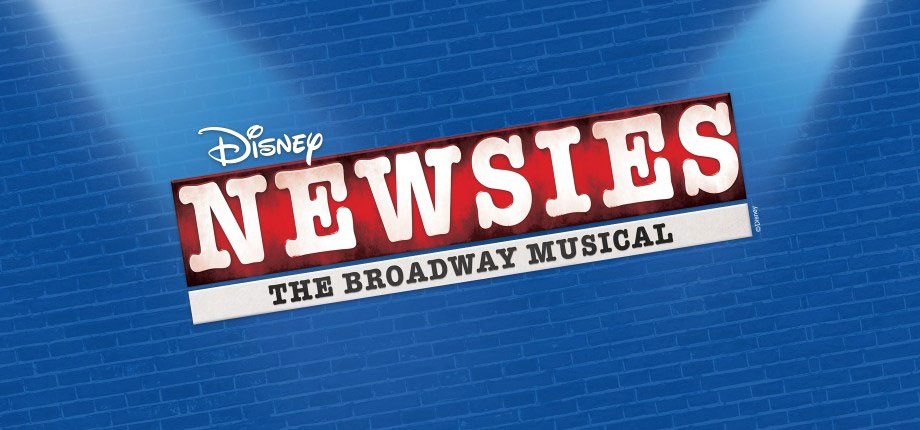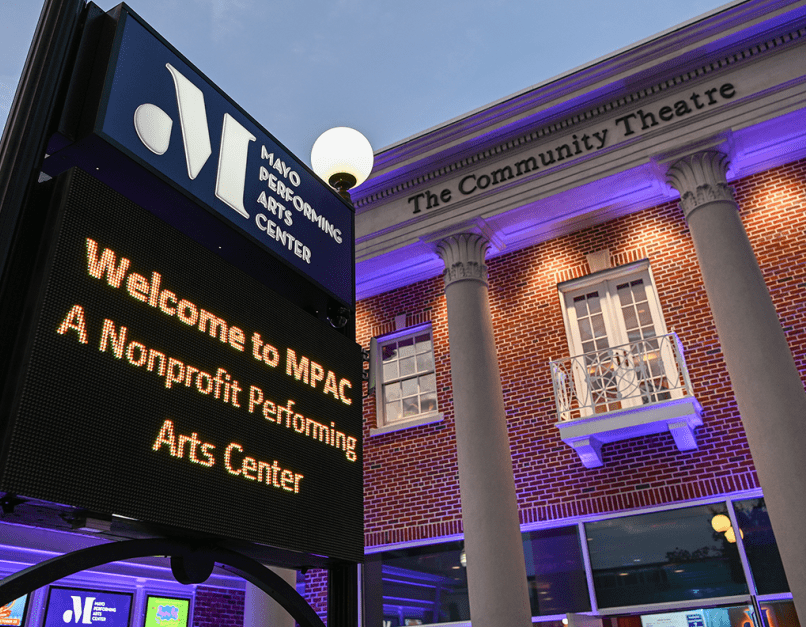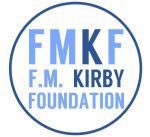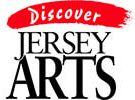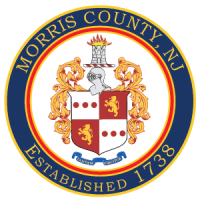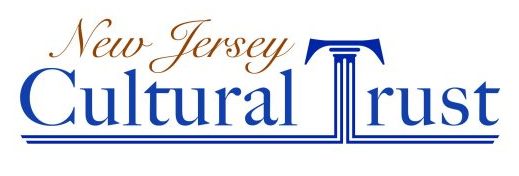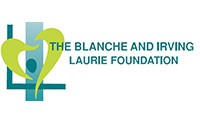
The year 2020 had more than its share of red-letter dates. For Ed Kirchdoerffer, Thursday, March 12, is one he’ll never forget.
Singers were rehearsing in a dressing room at Morristown’s Mayo Performing Arts Center for their A Cappella Live! show. With COVID-19 infections rising across New Jersey, Gov. Phil Murphy urged cancelling public gatherings of more than 250 people.
“We basically said, ‘We’re sorry, but we can’t present you tonight,” recounted Kirchdoerffer, general manager of the 1,319-seat theater.

Instantly, MPAC’s business model was upended. “Everything you come to enjoy at a concert venue was now irrelevant. Every way we operate was now invalid,” he said.
Weeks of closures became months. Cancellations snowballed. Like arts institutions across America, MPAC scrambled to sustain itself in a pandemic with no end in sight.
The nonprofit launched ambitious online courses for youths and adults in the spring. Summer brought the first of seven socially distanced “drive-through” outdoor concerts. Thirteen small indoor events followed, with 11 live-streamed performances.
Most of these efforts were lucky to break even, despite staff cutbacks, according to Kirchdoerffer.
MPAC is waiting to see if help arrives from the $15 billion arts relief package in the latest stimulus bill.

Kirchdoerffer hopes vaccines come to the rescue in 2021, enabling full-capacity performances later this year.
Even if the doors open wide, and the South Street stage is lit every night for rescheduled shows, it’s unclear how many patrons will feel comfortable elbowing back inside.
Nor is it certain how many popular ’60s acts, kids shows and smaller productions will survive the long hiatus. Will foreign symphonies and dance troupes even be allowed into the country?
“This is probably going to be about two years to shake all this stuff out,” Kirchdoerffer predicted.
STARK NUMBERS, RAYS OF HOPE
In “normal” times, MPAC presents approximately 200 shows annually that pump an estimated $15 million into Greater Morristown’s economy.
Pandemic numbers paint a starker picture.
A good year might generate $11 million in ticket sales. Since July, MPAC’s patchwork offerings only have produced combined revenues of about $200,000.
“That’s typically a weekend for us…a weekend with a big show,” Kirchdoerffer said.
Thirty-one events were cancelled in the first half of 2020 and not rescheduled. They included the theater’s annual community production, which had promised four big crowds for Newsies.

Another 23 shows from the fall season were rescheduled. And rescheduled. And rescheduled again. A Herman’s Hermits concert has been pushed back five times, so far.
Ten of MPAC’s 35 full-timers are furloughed, and there has been little or no work for 50 part-time teachers, production personnel, box office people and parking attendants, Kirchdoerffer said.
Yet there are rays of hope.
MPAC weathered 2020 with nearly $550,000 from the federal Paycheck Protection Program, and $135,000 in CARES Act funds, through the New Jersey State Council on the Arts.
Donors also stepped up. A spring recovery campaign raised $160,000, and a 45-minute virtual gala in the fall brought in another $360,000, Kirchdoerffer said.
“I cannot thank our community enough for standing behind us in such an incredible way and for helping MPAC through this time,” said Allison Larena, MPAC president and CEO.
To enhance public safety, the theater has spent about $100,000 improving ventilation and installing touchless fixtures.

MPAC also invested in equipment for live-streaming shows. Patrons have paid up to $25 to watch concerts at home in high-definition. Holiday shows attracted as many as 100 viewers, Kirchdoerffer said.
Meanwhile, Cathy Roy, the dynamo behind MPAC’s theater education programs, shifted into overdrive. Virtual classes for youths were expanded in May to include improv and voiceover lessons for adults.
Later this month, MPAC’s Performing Arts School will kick off six-week Winter Wellness online courses.
Topics range from yoga and meditation to sip-and-song sessions with cabaret bartenders. Behind-the-scenes explorations of Broadway musicals and the New Jersey Symphony will be hosted by pros, recruited from Roy’s extensive show business network.

“We’ll probably be locked up in our houses for a good portion of the winter. January and February are glum months to begin with. This is a way…to spend some time with people and have some fun, to reduce your stress and feel less isolated,” Kirchdoerffer said.
Along those lines, virtual coffee shops and dance parties are geared for teens craving a break from remote-learning at school, he added. Courses run from $75 to $125.
‘SURREAL AND WONDERFUL’
History is on MPAC’s side, Larena believes.

Established as a movie house in 1937, the Community Theater survived the Great Depression and was rescued from ruin decades later by the community. Volunteers and philanthropists rallied to transform it into a showcase for top entertainers such as Ringo Starr, Tony Bennett and the late Natalie Cole.
“MPAC has shown tremendous resilience throughout its storied history, and especially this past year,” said Larena.
A pair of socially distanced events convinced her the coronavirus has not killed the public’s appetite for live music.

MPAC’s first drive-in concert featured rocker John Ginty at Fosterfields in June. The jazz trio of Jerry Vezza, Grover Kemble and Brynn Stanley reopened the theater with a reduced-seating benefit in October.
She had feared nobody would come inside for the reopening. Yet dozens did, and “you could hear the deafening cheers and applause from the audience well beyond the walls of the auditorium,” Larena said.
“It was surreal and wonderful, and after experiencing the joy and appreciation of everyone who ventured out that night, I realized that although we have an extremely challenging road ahead, we will get through it together.”


